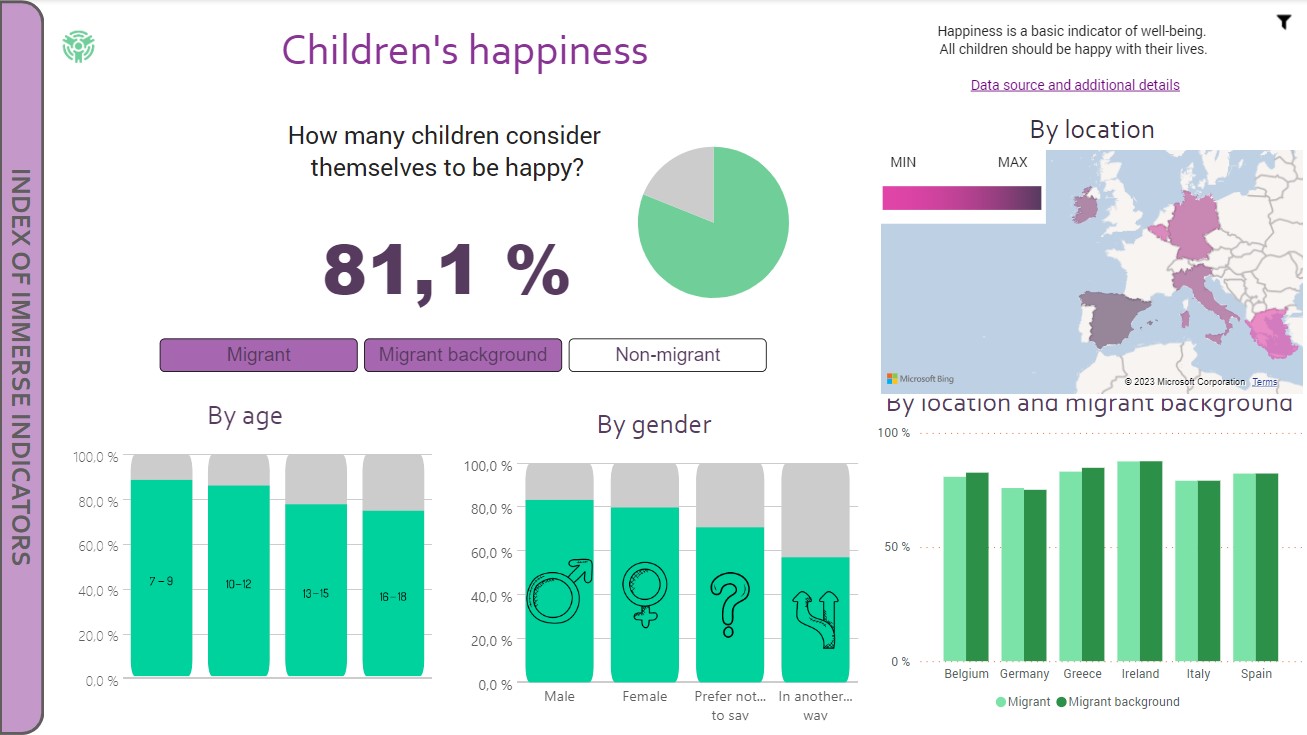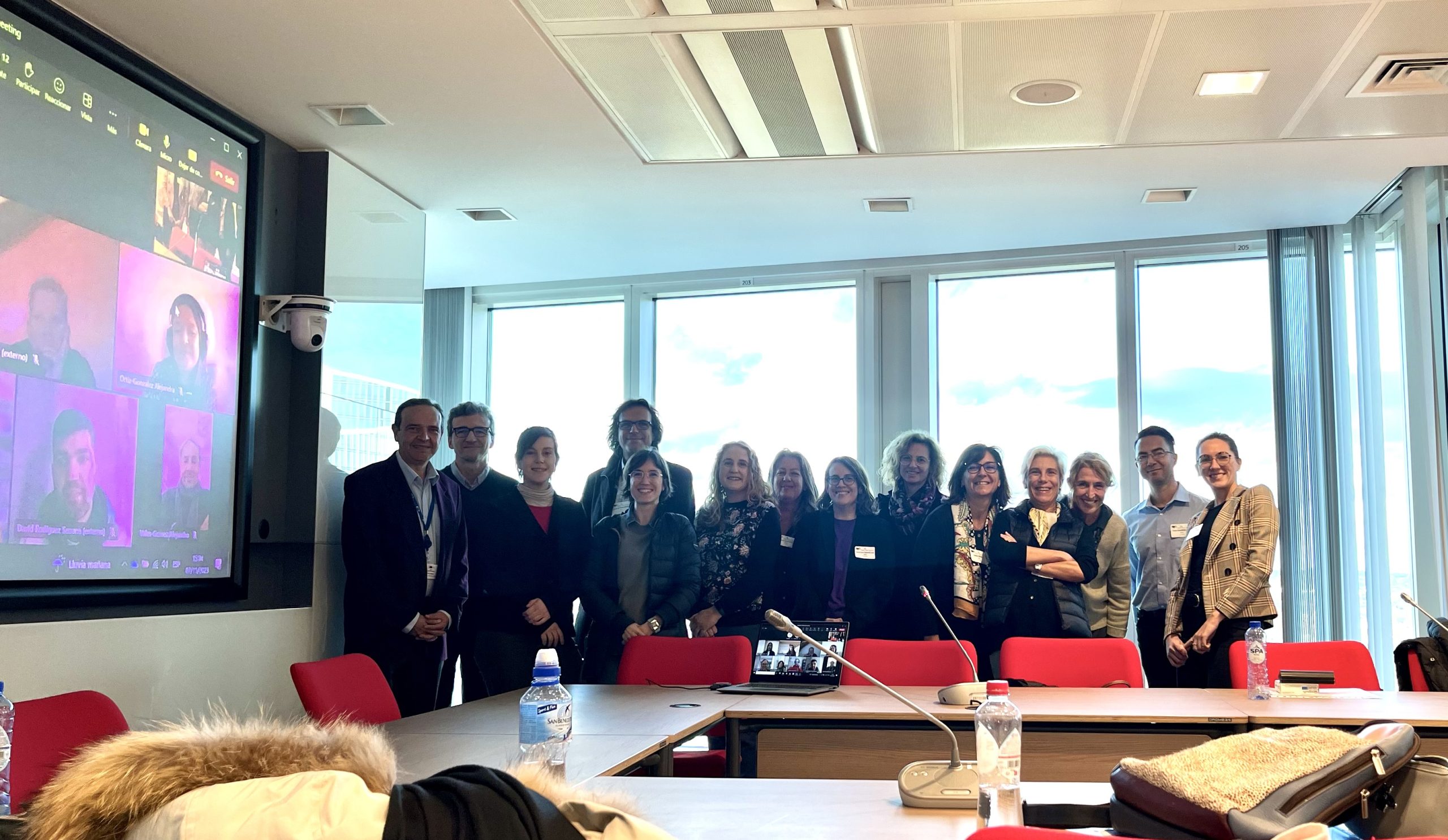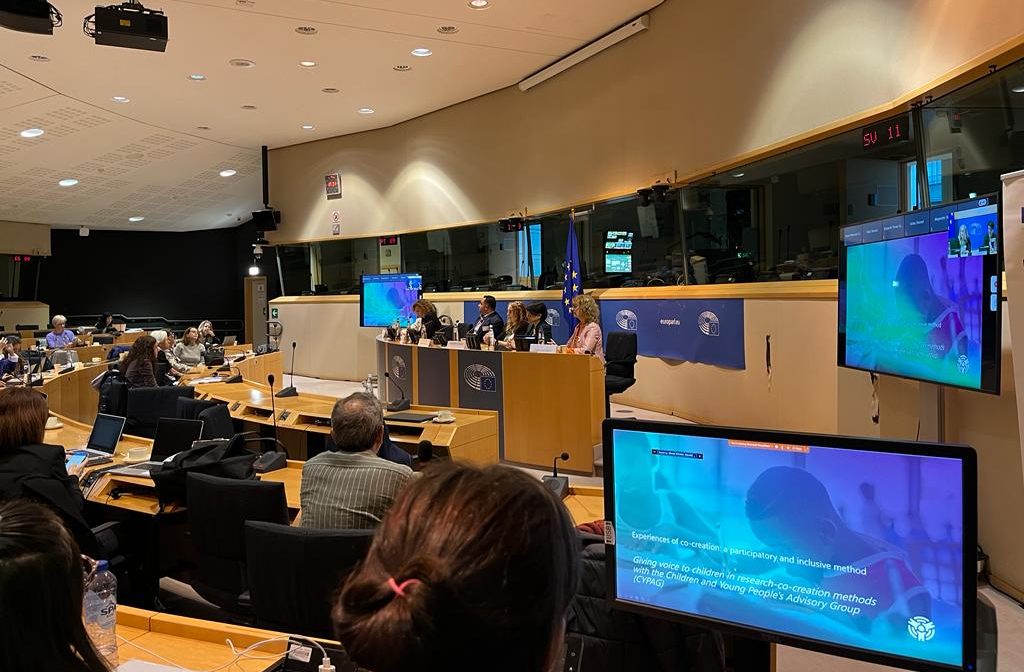Description
Since September 2016, the Hellenic Ministry of Education has implemented a program to integrate refugee children into public education. The purpose is the ambiguous relations that have been developed since then between the Ministry and the non-governmental organizations active in the field of refugee education. As a result, the program examined relations between the Ministry and the International Organizations (IOs) and NGOs. There is also an attempt to explain the conditions under which these relations are shaped. Their main features are complementarity and competition, more or less. The reasons for the competition are different at the central macro-level and the micro-level, meaning staff relations between the Ministry and NGOs. It's worth mentioning that there is a downward effect, in the sense that the attitudes and behaviors of individuals are directly affected by the stance adopted centrally by an organization towards the Ministry of Education and its policy. Moreover, the paper details the program for the education of refugees, along with comparative data for the two years 2016-2018. Disputes with international organizations and large international NGOs are also examined, which ultimately serve the same objectives as government agencies.
- Access to compulsory education
- Children complete compulsory education
- Children maintain their cultural identity while adopting new cultural values and intercultural competences
- Children remain in (formal) education beyond compulsory levels / Access to (formal) non-compulsory education
- Children's competence in host language
- Children's legal status
- Children's sense of belonging
- Institutions
- Types & levels of (formal) non-compulsory education attended



